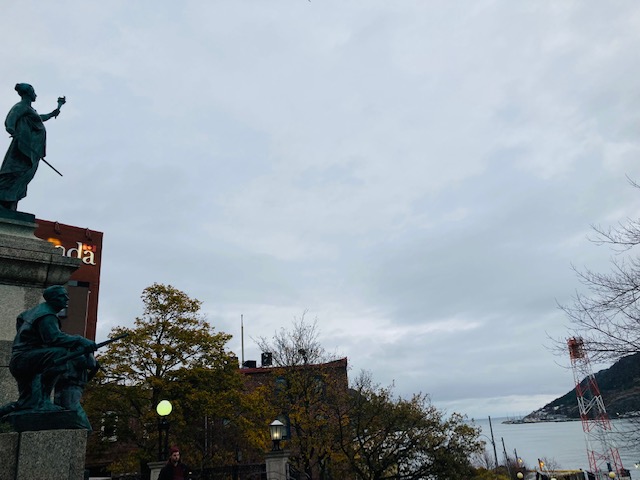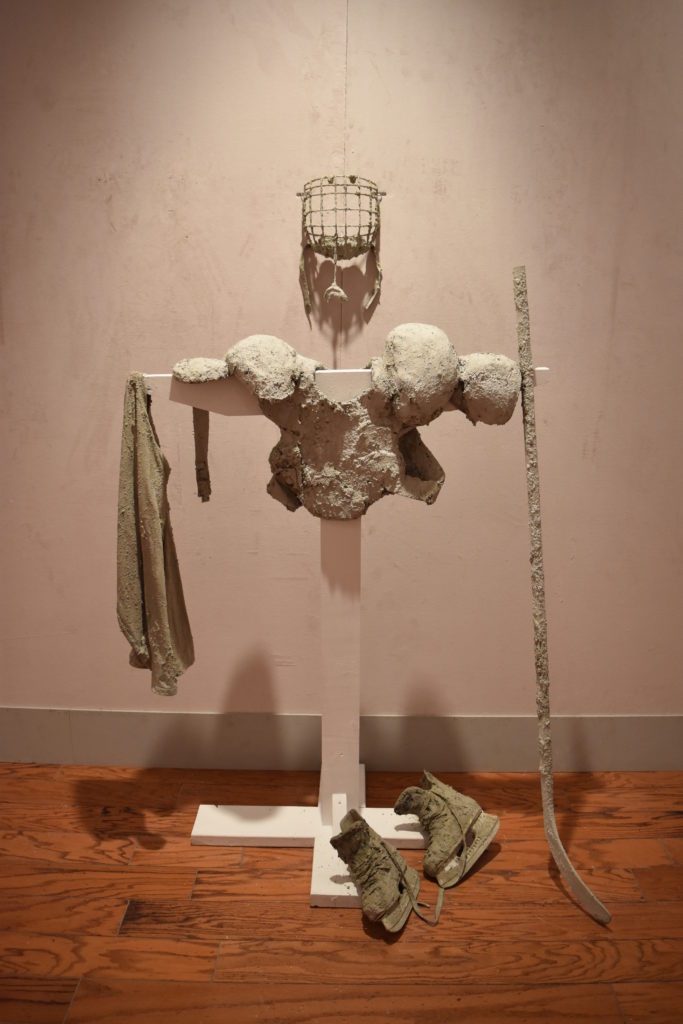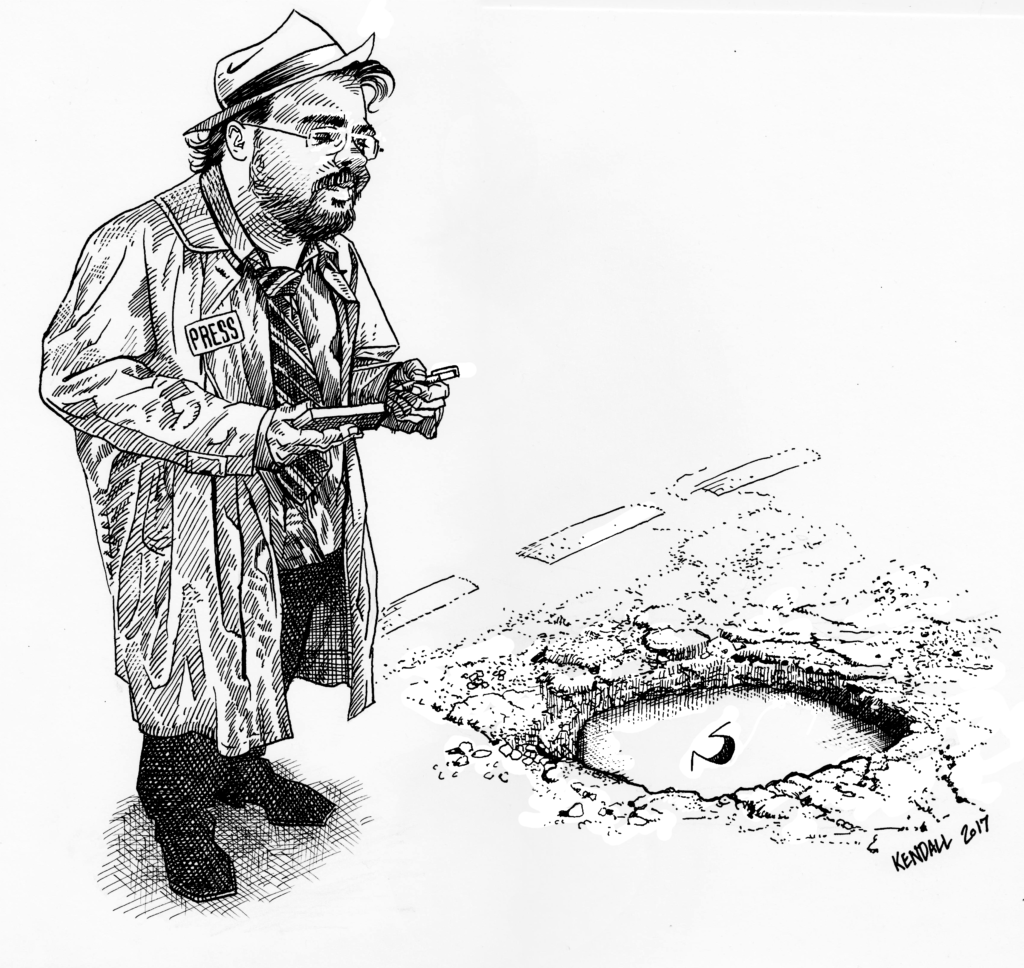Coming to Newfoundland and Labrador: In the Words of Newcomer Naomi Niyukuli
BY Ellen Curtis
July 2017
Every year, Newfoundland and Labrador becomes home to newcomers from across the world. Recently, Ellen Curtis sat down with newcomer Naomi Niyukuli, whose photography appears in the exhibit “Home Is Where the Heart Feels,” at St. John’s City Hall (until July 11).
For our readers, where did you come from?
Naomi: My family came from Burundi, but I lived in a refugee camp in Tanzania for 12 years after we had to leave.
Can you tell me about the conflict happening there and what led you to leave?
Naomi: Back in 1972, there was a lot of tribal conflict, but by 1981 it had calmed down a bit. Then, in 1993, conflict started again. It was war between the politicians of opposing tribes. In 1997, my father left Burundi for Tanzania because he was afraid of being killed. First, my mom decided to move me and my siblings to another province, but after six years we followed him because it was so dangerous. It was March 9, 2003 when we decided to move to Tanzania. We were sleeping in the forest every night. It was very hard. My two sisters were in school, and my mom had to work to provide for us. My mom was a farmer, and so was my grandmother who lived with us. My mother would take my brother with her to work because he was still very young, but between the ages of four and five I would stay home alone. When I turned six, I started to go with them to the farm because I was able to work.
Once you left Burundi, what was life like for you?
Naomi: We lived in 4 different camps in Tanzania. We had to go to a camp without my father first, then we moved to his and lived there for years, then we moved to other camps. The refugee camps were hard places to live, the hardest in the world. It is better to live in jail. In the refugee camps there were many, many, families from my country. We would get food every two weeks and soap once a month. We weren’t able to leave the camp to work, and inside the camp there was nowhere to plant vegetables, so we had to eat the same food every day. They only gave us enough for one meal a day per person, so we would cut it in half to have lunch and supper. Getting water was also really hard. I didn’t realize how difficult it was until I was older. For girls, it is even more difficult. We were only given a small amount of soap for washing dishes, clothes, and ourselves. There were some times when we even went three months without getting soap. Sometimes I would hide when I had my period because I didn’t want someone to see me. The room would smell.
After 4 years, refugees can talk to the United Nations. We were in our third camp when they asked us why we were there and why we didn’t want to go back to Burundi. My father answered their questions for our family. After a few months, they built a list of people that could go to countries as refugees and those who would have to go back to their own countries. That was when they moved us from that camp to another camp. We didn’t know anything when we were moved to the fourth camp. We did another interview when we got there, and we were told the United States of America or Canada might take us. We didn’t have to wait more than a few months. We were moved to another part of the province and we were told Canada would take us, and then we had to go through another interview and medical checks. We did all of that, and they taught us a little bit about the country as a pre-departure program. We waited another seven months, and then after that we were able to go to Canada. Our names were on a list for leaving on a certain date, and on March 16th we left with just the clothes on our backs. They came to get us with cars, and they took us to another place for one week before a car finally took us to the airport.
When we came here, to St. John’s, it was too cold! They took us to a hotel, and we stayed there for a week, then a citizen took us in at their house. After 3 months I went to school, so I started learning English. I was over 18 years old, so it was hard to find a school that would take me. I saw how much I needed school though, and first they didn’t know what to tell me. Then I started LINC school, through the Association for New Canadians. After LINC, I moved to another school to complete high school. At LINC school we just learned English, but at my other school we’ve been learning everything to complete high school. It was my choice to go there. I graduate level one this month, through Stella’s Circle ABE.
How long have you been in Canada now? How long have you been a part of the photography program?
Naomi: I’ve been in Canada for two years now. I started with the photography program last January.
How has the photography program helped you?
Naomi: First, I didn’t know how to use a camera. I never knew anything about it. They gave me a camera and showed me how to use it, but I had to ask many more people to show me how to use it. My father’s friend helped me, and his wife too. I really enjoy it now that I understand it, and understand how to frame my shot. Different pictures tell different stories. They remind me of different things. I took a picture of a burning house. During class one day, we had seen the smoke, and saw the house burning. We went out and saw the firetruck, and the firefighters, and I decided to take the picture. In my country, there would be no firefighters. Your house would totally burn. It was really cool to see the firefighters fight the fire. There was one dog inside the house that they took out, and I was reminded of one child in the refugee camp, whose mother went to get water while the baby was sleeping. The baby burned when the house caught fire. That was in Tanzania. Here though, the dog was in the house, and it suffered some smoke damage but was fine, but the baby there died. It’s so different.
You describe each new day as a chance to take a new step. Where do you see yourself going forward? How has your vision of the future changed since coming to Canada?
Naomi: Some peoples’ lives are just the same day after day. Now here, I go to school and meet someone new, or learn something new. Yesterday I learned a new word in English, and I got a new word today, and tomorrow will be another word. Each word is a step, which means I have a lot of work ahead. Every day when I wake up, I see things are going well and we are safe. I really remember my country. Every day people are dead. The problem there started in 1972, but maybe tomorrow it will finish. Every day I hope the next day it will be over.
It’s like watching a new baby learn to turn her head, to sit up, to stand; it’s step by step. I never thought I would speak another language. I didn’t face my future because I didn’t have schools. Every day, I wake up and ask God to help my country. I see my future, and I hope it will be good.
After high school, I want to be a journalist. Years ago, my cousin and I listened to the radio, it was early in the morning. The person speaking said there were men with guns nearby my mother’s church. My cousin told me to change my clothes and go, but I was confused because we only changed clothes to go to church.
We had to run. The bad people went to the church and took the pastor. We never heard what happened to him. We moved from the house. If it wasn’t for the reporter on the radio in Burundi we would have died. The noise of guns was everywhere that day, no birds even sang. Later, my mother told me all about the radio. I asked my her if I could speak on the radio then, and she said I could. That night I started to think. Why do they say doctors save people, and police save people? How come they don’t say radio saves people? I am only alive because of that.



